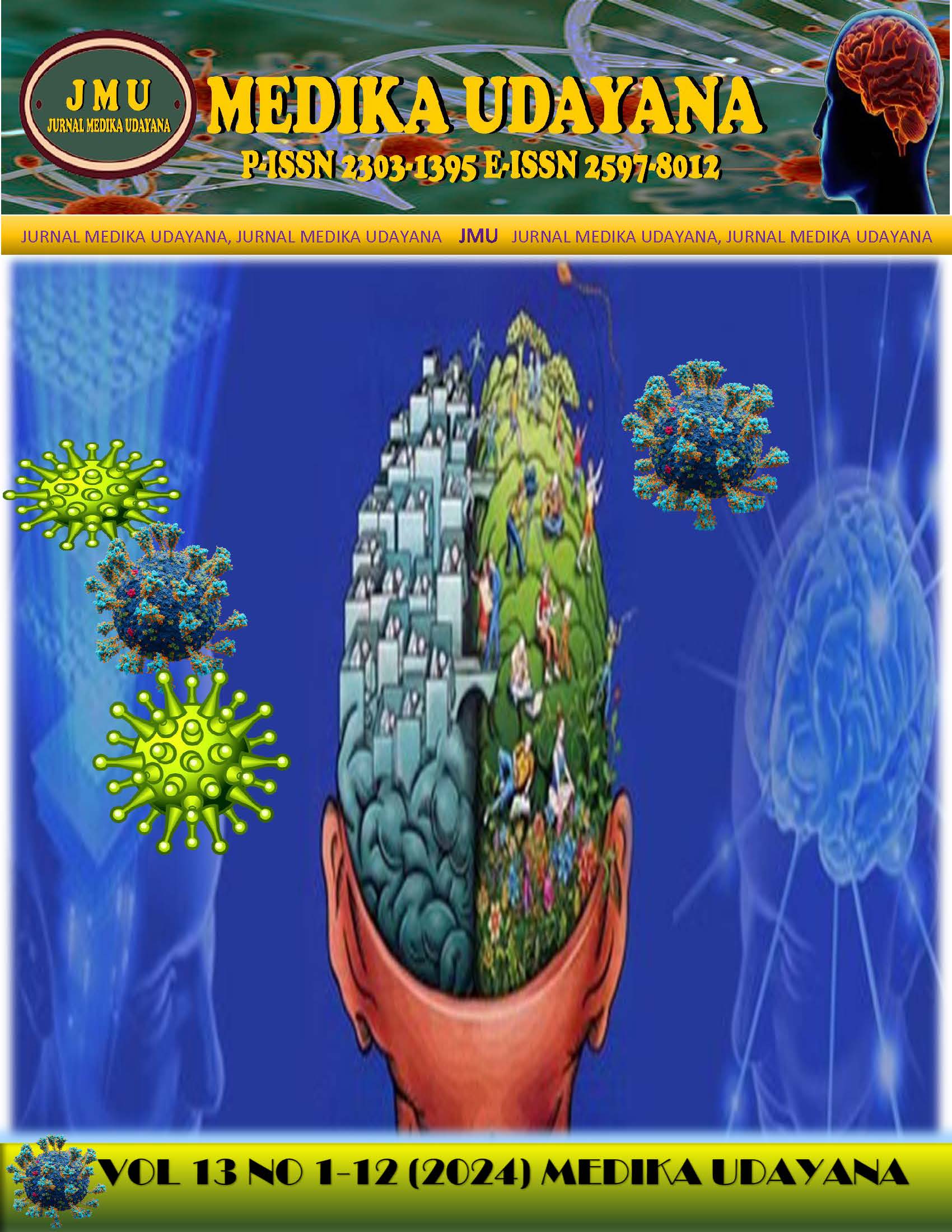EFFECTIVENESS OF EDUCATION USING VIRTUAL REALITY VIDEO MEDIA ON THE STATUS OF ORAL HYGIENE IN PUBLIC ELEMENTARY SCHOOL STUDENTS 10 SUNGAI SAPIH PADANG CITY
Abstract
According to the Data and Information Centre of the Ministry of Health of the Republic of Indonesia (2018), the prevalence of caries in Indonesia is 88.8%. The World Health Organisation (WHO) reports that 60-90% of school children worldwide experience caries, with the disease being most prevalent in children aged 6-12 years. Dental caries is a disease that can infect and damage tooth structure. One of the risk factors for caries is plaque accumulation, which is associated with poor oral hygiene. The Personal Hygiene Performance Modified (PHP-M) is a method used to measure plaque on mixed teeth. This research is a quasi-experiment with a one-group pretest-posttest design. The sampling technique used was purposive sampling, with a total of 27 samples meeting the inclusion and exclusion criteria. The study found a significant improvement in oral hygiene status after participants received an educational intervention using virtual reality video media. Specifically, there was a decrease in plaque scores after brushing teeth following the intervention compared to before. The statistical analysis using the Wilcoxon test showed a significant difference with a p-value of less than 0.05. The study found that the number of students with excellent oral hygiene status increased from 15 (40.5%) before the intervention to 36 (97.3%) after the intervention. These results suggest that the use of virtual reality video media is an effective method for improving oral hygiene.
Keywords: Personal Hygiene Performance Modified (PHP-M)., Virtual Reality (VR)., Oral Hygiene.











